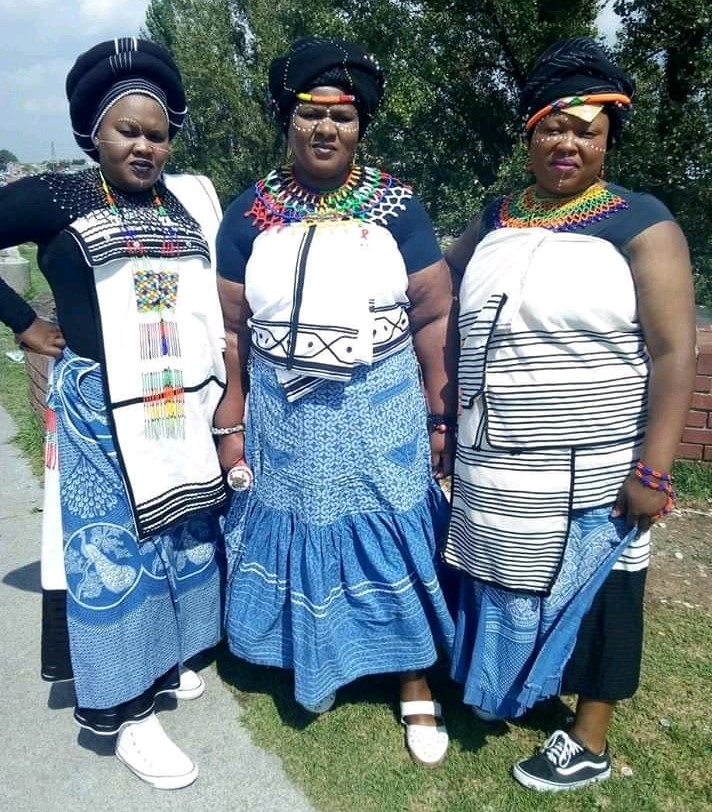The Xhosa people are an ethnic group native to Southern Africa, primarily residing in the Eastern Cape Province of South Africa. With a rich cultural heritage, the Xhosa culture encompasses a diverse range of traditions, rituals, and customs that have been passed down through generations. One of the defining elements of Xhosa culture is the Xhosa language, isiXhosa, which is one of South Africa’s official languages and is characterized by its distinct click sounds.
Initiation rites, particularly the ulwaluko ceremony for young men, play a crucial role in Xhosa culture. During ulwaluko, initiates undergo a period of seclusion and are taught about the responsibilities of adulthood, cultural values, and traditional practices. The ceremony culminates in a circumcision ritual, symbolizing the transition from boyhood to manhood. Despite the significance of initiation, there have been ongoing efforts to address health and safety concerns related to the procedure.
Art and storytelling are integral components of Xhosa culture. The Xhosa people express their heritage through beadwork, music, dance, and oral traditions. Beadwork is a vibrant and symbolic form of artistic expression, often used to convey messages, stories, and social status. Additionally, traditional dances, such as the “Umngqungqo” and “Umgidi,” are performed during various celebrations and ceremonies, preserving the cultural identity and fostering a sense of community among the Xhosa people.

Here are 10 interesting facts about Xhosa culture to know more about it.
- Click Sounds in Language: The Xhosa language, isiXhosa, is known for its distinctive click sounds. These clicks are integral to the language and are produced using various tongue and mouth movements. They contribute to the unique and melodic nature of isiXhosa.
- Initiation Rituals: The Xhosa initiation ceremony, known as ulwaluko, is a rite of passage for young men transitioning from adolescence to adulthood. It involves seclusion, teachings about cultural values, and a circumcision ritual. Despite its cultural significance, there have been ongoing efforts to address health concerns associated with the practice.
- Beadwork Traditions: Beadwork is a prominent aspect of Xhosa culture, with intricate bead designs used to convey messages, tell stories, and signify social status. Different colors and patterns carry specific meanings, making beadwork a symbolic form of artistic expression.
- IsiXhosa Language: IsiXhosa is one of South Africa’s official languages and is spoken by the Xhosa people. It has a rich oral tradition and is characterized by its complex grammar and diverse vocabulary.
- Umgidi Celebrations: Umgidi is a traditional Xhosa ceremony held to celebrate significant life events, such as births, weddings, and funerals. It involves communal gatherings, music, dance, and the sharing of traditional foods.
- Xhosa Attire: Traditional Xhosa attire is characterized by colorful and intricately designed clothing. The garments often include the use of vibrant fabrics, beadwork, and unique accessories that reflect cultural identity and personal expression.
- Imbawula Music: Imbawula is a traditional Xhosa musical style that incorporates rhythmic chanting, clapping, and the use of traditional instruments like drums and rattles. It is often performed during ceremonies and celebrations.
- Cattle Symbolism: Cattle hold cultural significance in Xhosa society. They are not only a source of livelihood but also symbolize wealth, social status, and are used in various rituals and ceremonies.
- Xhosa Names: Xhosa names often carry deep meanings and are chosen for specific reasons. They may reflect the circumstances of a child’s birth, the family’s history, or convey positive attributes.
- Rural and Urban Influence: While traditional rural lifestyles are prevalent among the Xhosa people, urbanization has brought about a blending of traditional and modern influences. Many Xhosa individuals balance their rural cultural roots with urban lifestyles, contributing to a dynamic and evolving cultural landscape.
Xhosa culture, with its vibrant tapestry of traditions, language, and artistic expressions, stands as a testament to the resilience and richness of the Xhosa people in Southern Africa. From the melodious sounds of isiXhosa with its distinctive clicks to the intricate beadwork that tells stories of heritage and status, Xhosa culture is a celebration of identity and community. The initiation rituals, such as ulwaluko, symbolize the passage from youth to adulthood, embodying the values and wisdom passed down through generations.
In the rhythm of Umgidi celebrations, the vibrant hues of traditional attire, and the symbolism found in cattle, Xhosa culture weaves a narrative that bridges the traditional with the contemporary, illustrating the dynamic nature of cultural identity. With a language that sings, beadwork that narrates, and rituals that connect generations, Xhosa culture continues to evolve while preserving the timeless essence of a people deeply rooted in their heritage.



